
Caps and ceilings: Fighting inflation with price regulation in several countries in the region
Administrative interventions are used to curb inflation in numerous CEE countries, with Hungary adopting the most market‑interfering measures.
A collection of 110 posts

Administrative interventions are used to curb inflation in numerous CEE countries, with Hungary adopting the most market‑interfering measures.
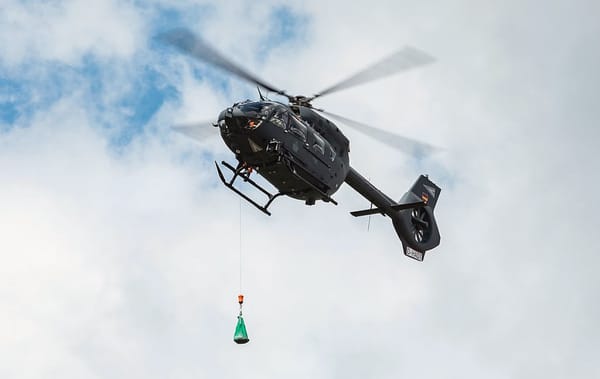
Croatia has concluded that the June 2023 Hungarian military helicopter crash was caused by human error after the crew deviated from its flight path.
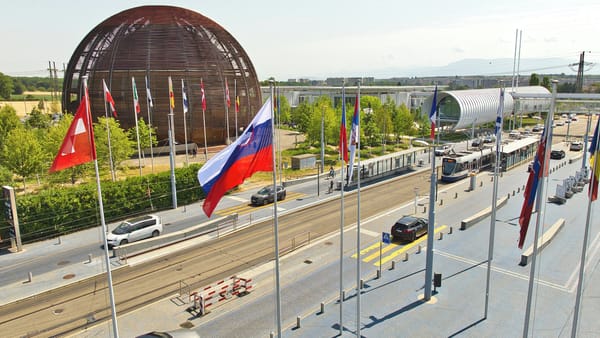
Slovenia has more than doubled its public R&D spending in a decade, to nearly 0.9 % of GDP, the highest share in CEE, an Erste Bank Research report published on 6 August found.
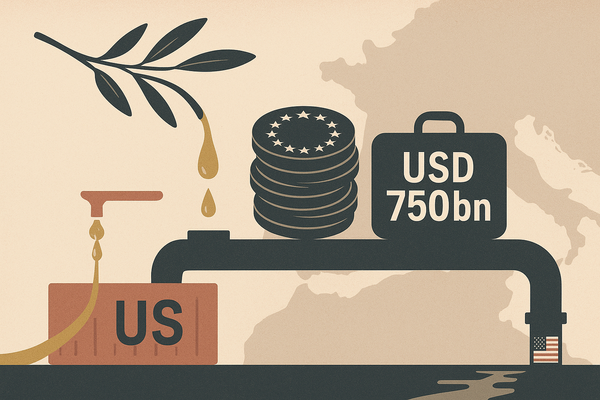
The World Bank forecasts regional growth of 3.1% in 2025, and finance ministries say cushioning the tariff shock will be essential to meeting that target. However, regional industry groups are warning of mounting pressure on Balkan economies.
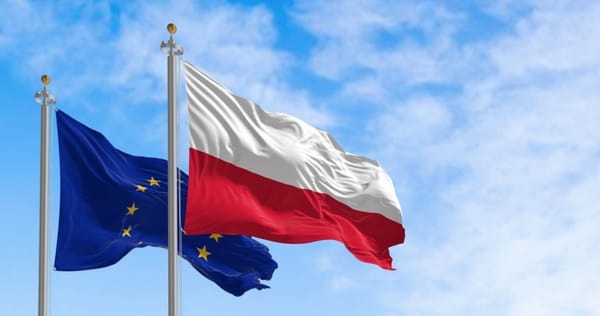
The European Commission (EC) published long-term budget allocation plans on 17 July, showing Poland set to receive the highest national allocation under the 2028-34 Multiannual Financial Framework (MFF), totalling EUR 123.3bn.
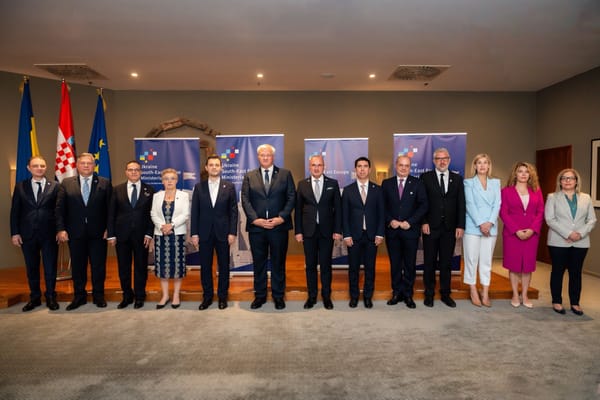
Serbia and Bulgaria did not sign the Dubrovnik declaration. Serbian President Aleksandar Vucic has maintained a policy of strategic ambiguity regarding NATO, while Bulgarian President Rumen Radev has voiced concerns about deepening military support for Ukraine.
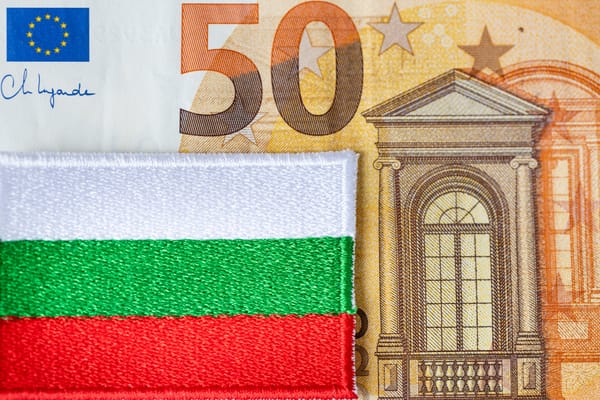
Petar Ganev, senior research fellow at Bulgaria’s Institute for Market Economics said “When you don’t trust the institutions in the country, it is much harder to make any transition … especially when it comes to joining the euro."
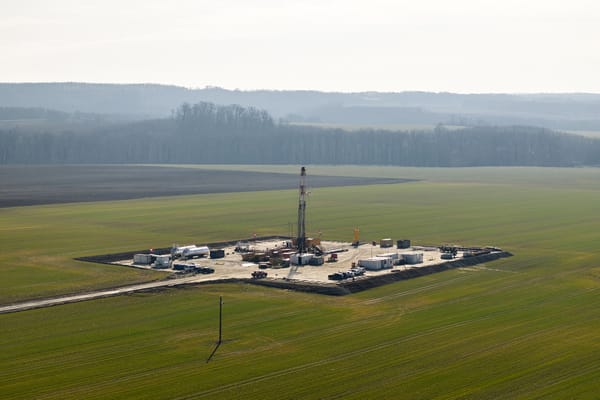
The Som-8 well is Hungary’s first meaningful local oil addition since 2019. National demand averaged 167,000 bpd in 2024, while domestic crude output stood closer to 23,000 bpd, according to industry data.

Nominal minimum wages in Romania and Bulgaria have more than doubled in the last decade, with the sharpest growth before 2020. Czechia and Slovakia now apply EU-aligned benchmarks for annual adjustments.
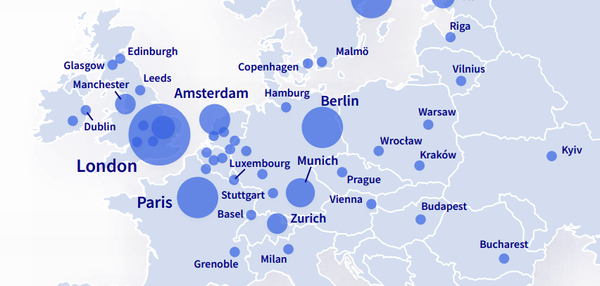
Central and Eastern Europe (CEE) gained new recognition in Dealroom’s 2025 Global Tech Ecosystem Index, with CEE capital cities Vilnius, Lithuania; Warsaw, Poland; and Zagreb, Croatia, named among the world’s top 100 emerging innovation hubs. The index, released on 21 May, ranked 288 cities worldwide. While Paris and
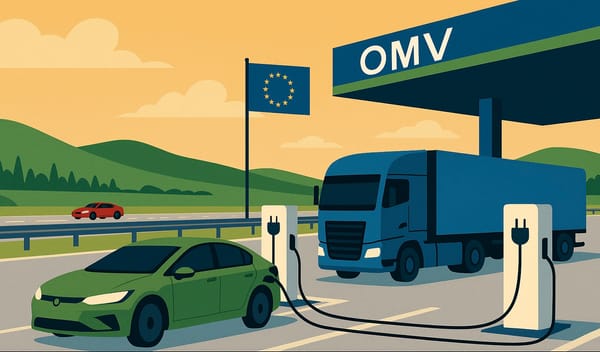
In a new step in the cleaner transport transition, OMV Petrom has inaugurated Romania's largest electric vehicle (EV) hub with 34 charging points of up to 400kW on the A1 motorway near Miercurea Sibiului, central Romania. The site is located on the Rhine-Danube Corridor - one of Romania’
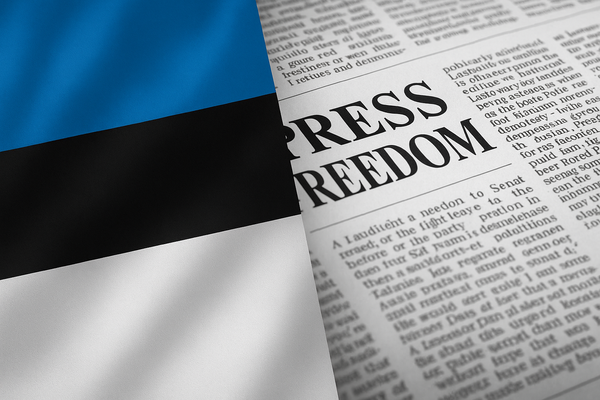
Estonia has surged to second place in the 2025 World Press Freedom Index, its best-ever result and the highest ranking among EU countries. Estonia's ranking in the 2025 World Press Freedom Index is the highest ever achieved by a Central and Eastern European (CEE) country since the index&

The EU’s employment rate reached a record high of 70.9% in the fourth quarter of 2024, according to the Organisation for Economic Co-operation and Development (OECD). But while this marks a major milestone for the bloc, the picture in Central and Eastern Europe (CEE) is more complex, as
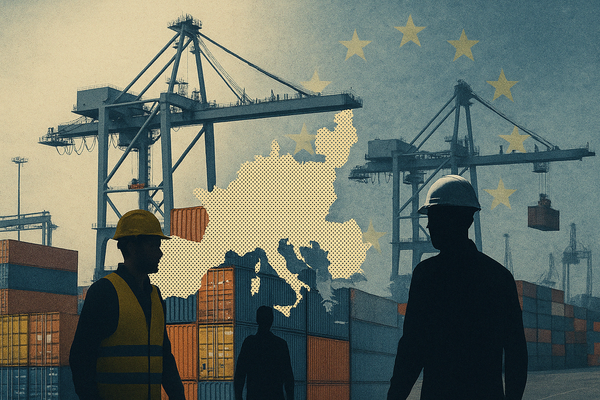
Despite their export-driven economies and strong manufacturing bases, Central and Eastern Europe (CEE) countries may be more resilient to global trade tensions from US tariff policies, than previously assumed, ING bank writes in a new report. Economies have shown resilience - ING While CEE's close ties with Germany
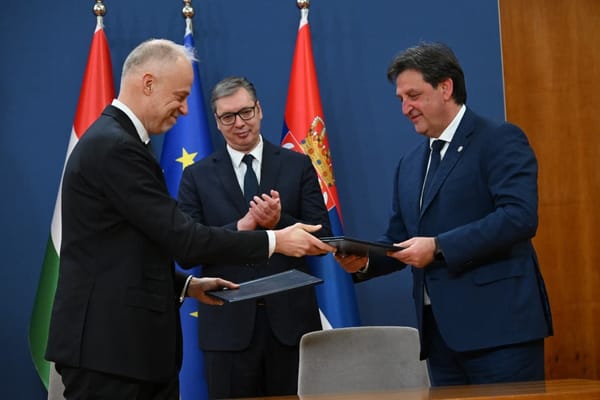
When Croatia, Albania and Kosovo recently formed a new military alliance, Serbia and Hungary followed suit, reshaping the security situation in South East Europe. Serbian Defence Minister Bratislav Gasic and Hungarian Defence Minister Kristof Szalay-Bobrovniczky earlier this month signed a bilateral military cooperation agreement in the Serbian capital of Belgrade.